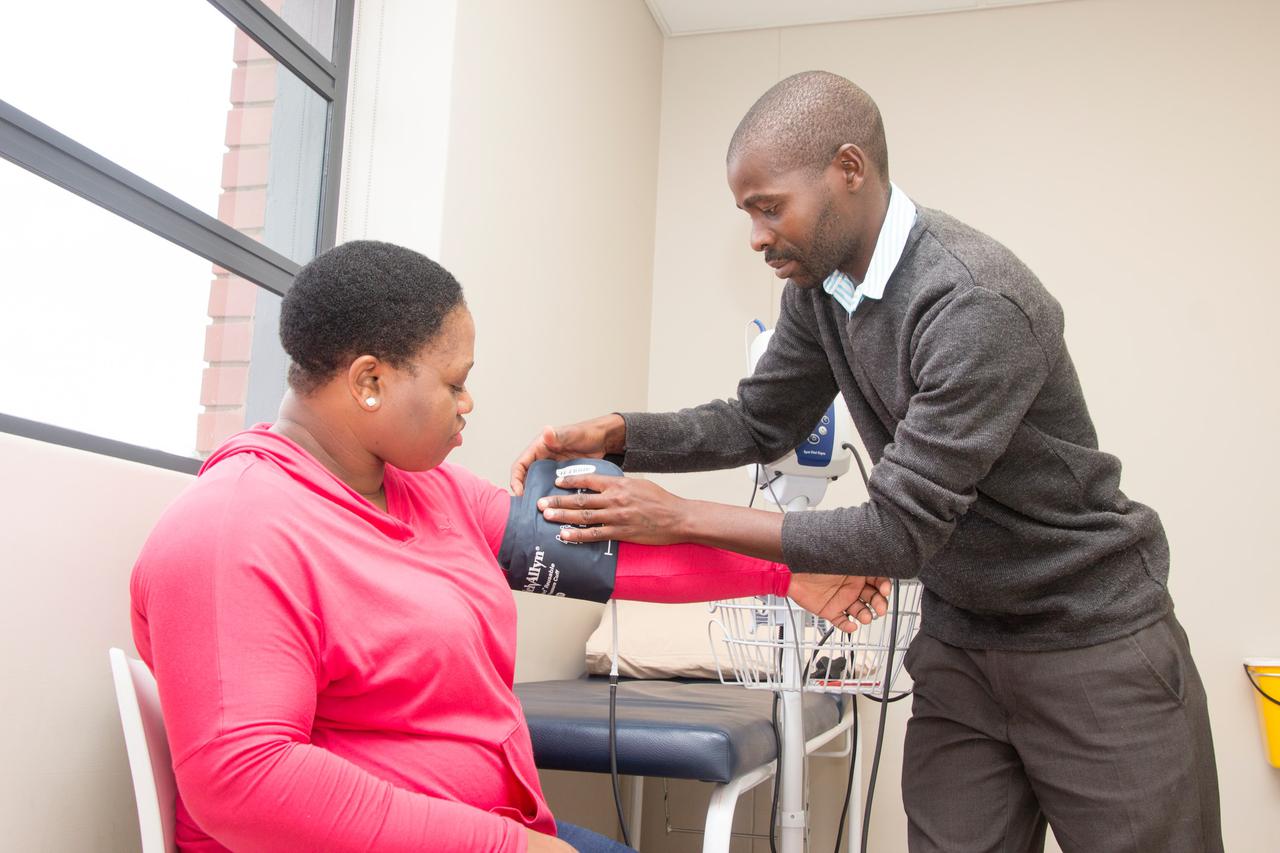A vascular ultrasound is a painless test that uses high-frequency sound waves to image blood vessels, and it’s an essential tool used to identify potential blood clots in patients and determine the best treatment options. Despite it being such a widely used medical procedure, though, many people don’t understand when they would need to schedule one.
The short answer to that question is that you should ask a doctor for one if you think you may have a blood clot, but that means you need to be familiar with the most recognized signs that you’re experiencing this issue.
What is a blood clot?
Your blood naturally changes from a liquid to a gel-like or semisolid state to prevent blood loss when you suffer an injury like a cut. It’s perfectly safe and is actually essential to protecting your body on occasions. However, if the clot forms inside of your veins, it becomes problematic because it won’t dissolve on its own.

While clots that remain in your veins don’t necessarily pose any health risks, they can travel to your heart and lungs, at which point they’ll become stuck and restrict blood flow, resulting in a medical emergency. According to the Center for Disease Control, it’s an issue that causes as many as 100,000 people to die as a result of it each year. So, if you’re experiencing any combination of the following symptoms, it’s recommended that you schedule a vascular ultrasound to determine whether a clot is present in your veins so you can receive the medical treatment you need.
Signs that you have a blood clot.
Leg or arm clot.
These are the most common areas for a blood clot to occur, and the symptoms will vary depending on its size. They typically form as a result of some form of trauma or prolonged periods of immobility, and if they aren’t treated, they can move to the heart or lungs and cause more severe problems. The most common signs of a clot in your leg or arm include:
Abdominal blood clots.
While blood clots in your stomach are rare, they’re still equally dangerous because they can break away into your lungs and cause a pulmonary embolism. Some factors can increase your risk of one forming, including long stretches of immobility, undergoing surgery, suffering an abdominal injury, or simply a family history of suffering from blood clots. People who are experiencing a clot in their stomach typically have the following symptoms:
Clot in the lungs.
If a clot that’s formed elsewhere in your body breaks off and travels to your lungs, it can cause an extremely dangerous pulmonary embolism. If that happens, the clot blocks the blood flow to the lungs and becomes life-threatening. If you experience the following symptoms, you should schedule a vascular ultrasound immediately.
Do you need a vascular ultrasound?
If you suspect that you might be experiencing any issues with a blood clot, then contact the team of experts here at Champion Heart and Vascular Center. We specialize in the diagnosis and treatment of various cardiovascular problems in Dunn and Henderson, NC.
Rather than receiving impersonal care from the hospital, let us provide you with convenient, personalized, and cost-effective solutions designed to ensure your heart and blood vessels remain healthy. Learn more about some of the conditions we treat, or schedule your appointment using our easy-to-use online booking tool.
